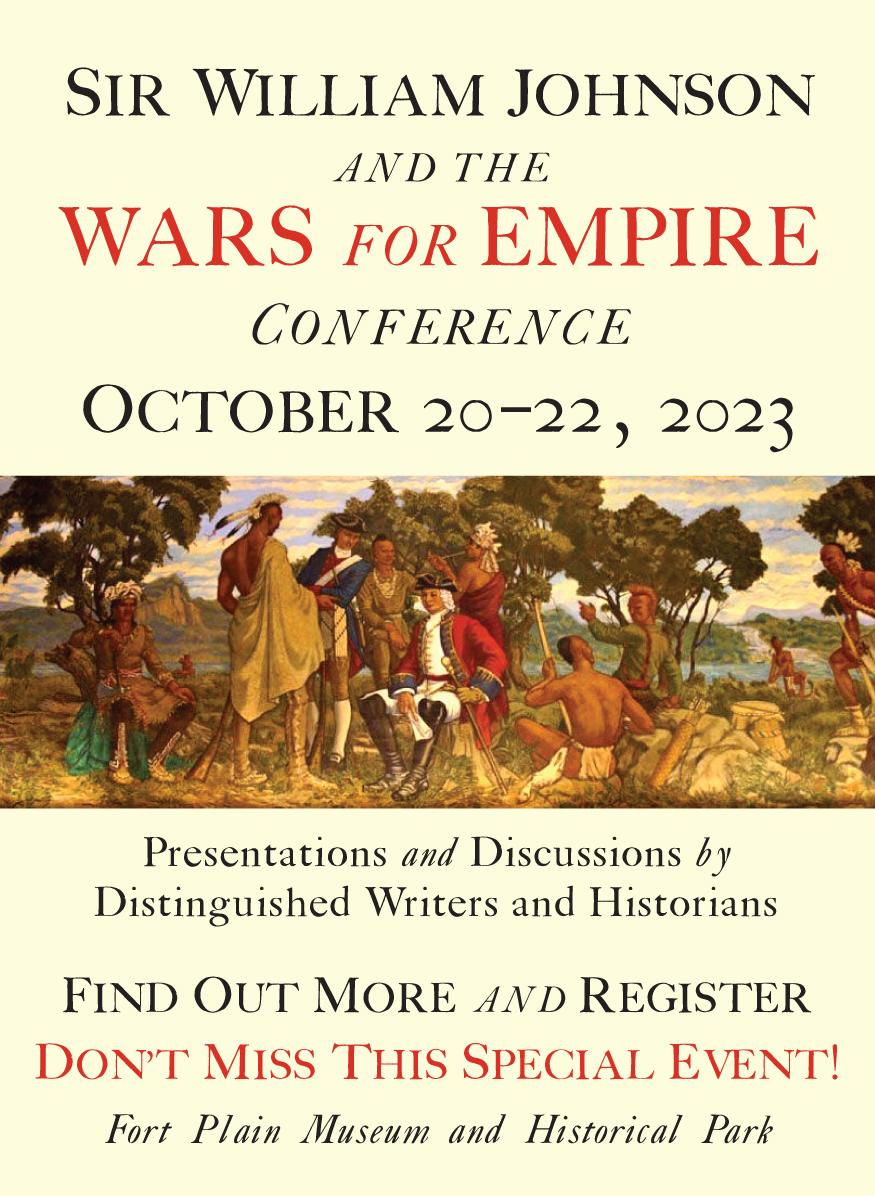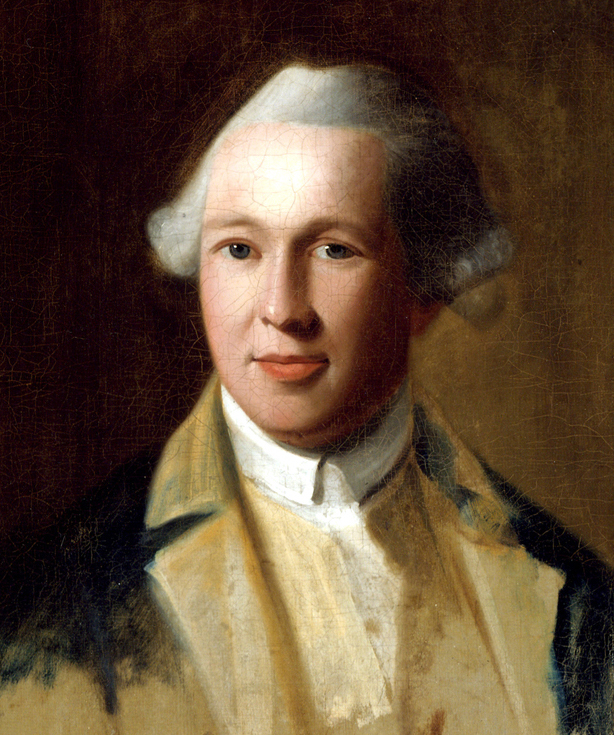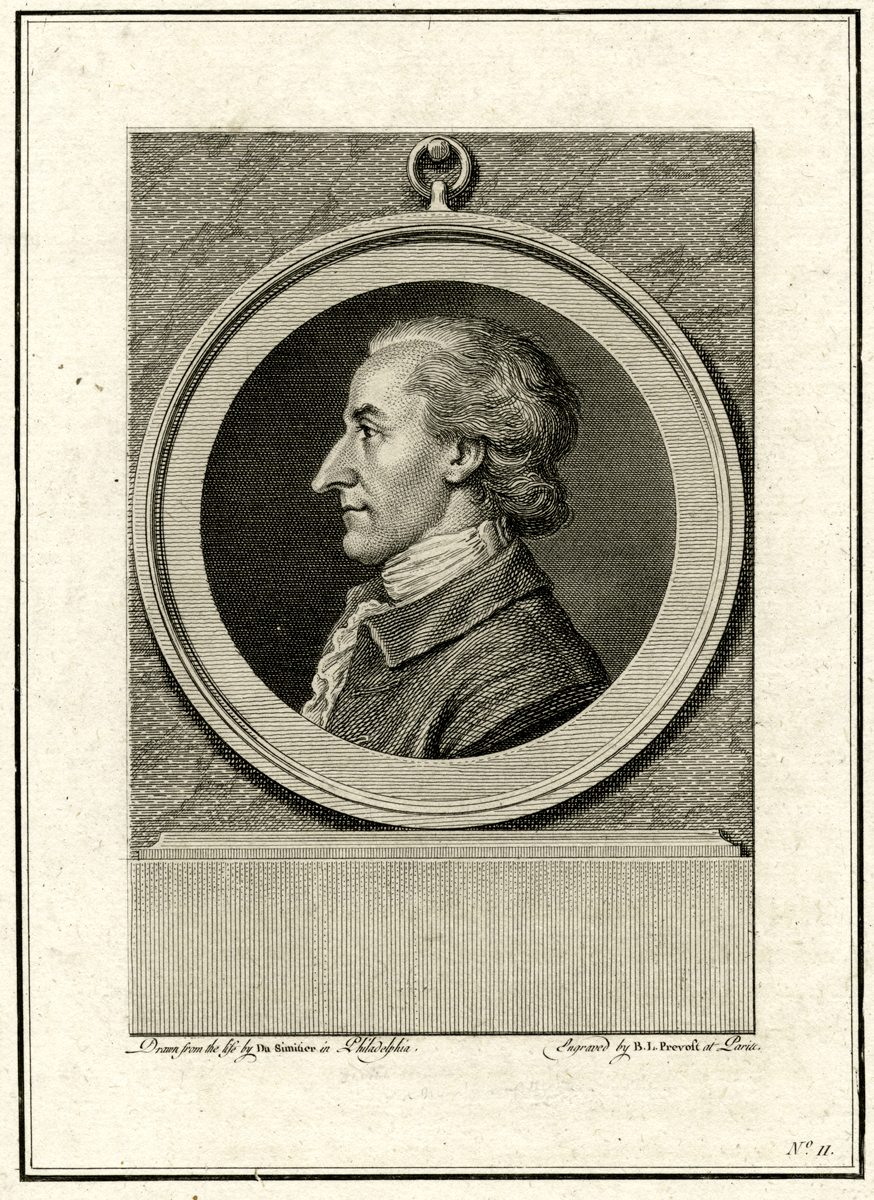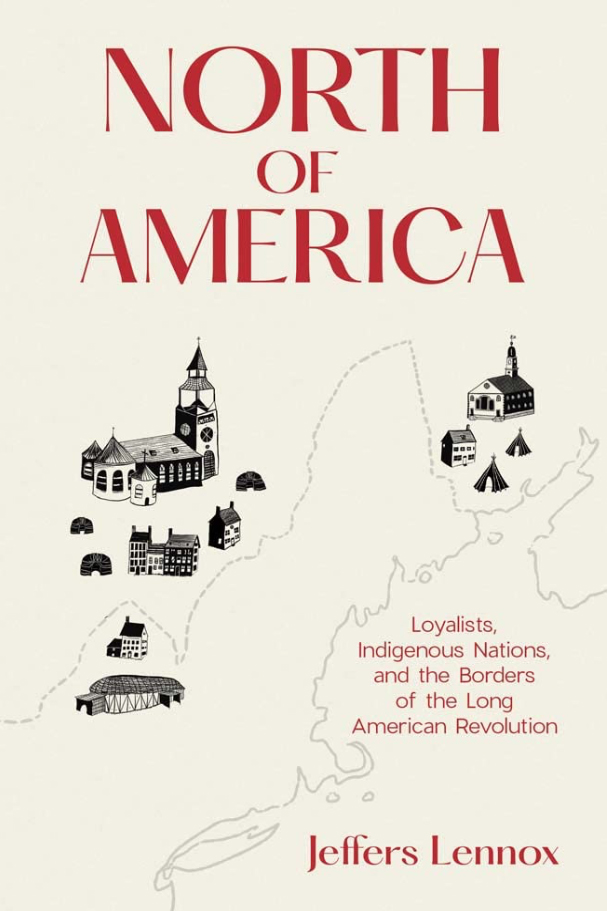What’s the one unanswered question about the American Revolution you’d most like answered? Put another way, what’s one remaining mystery of the Revolution that you’d most like solved?
Did General Washington order New York City burned in 1776? There is evidence that he discussed it. But no definite proof that he gave the order. [Click here for more information about the featured image.]
–Thomas Fleming
In the spring of 1775, who sent Gen. Thomas Gage detailed intelligence reports written in atrocious French about the weaponry that the Massachusetts Provincial Congress was assembling in Concord?
–J. L. Bell
There is little doubt that the American colonies would have ultimately become independent of British governance whether the French intervened or not. And, it is most unlikely that independence could have been won in the same time frame as occurred if France had not taken such a primary role as a financial prop; a materials supplier, and an active military and naval ally. So my one answered question is – what would have happened if France had not become a major supplier of funds and materials, and a military partner?
–Gavin K. Watt
I think the biggest “mystery” remains who fired the first shot at Lexington and why did he (she would be even more interesting) do so? James Rivington’s role in the war is another question that would elicit an interesting answer as to when/why did he change his thinking and become a rebel spy.
–Steven M. Baule
The one question I would like answered is where are the papers of Brigadier General Cortland Skinner? I have been trying to identify his spies in New Jersey but it has been very difficult without his papers. I have identified some of his spies but nowhere near the number he had in the field. I have found some reports at the Clements Library but really need his documents to complete the picture.
–John A. Nagy
Because I tend to lose myself in what most might consider insignificant individual details, the revolution offers so many mysteries I find it difficult to choose. Was Colonel Campbell really a coward at King’s Mountain? And, if not, why would Shelby and Sevier say he was? What actually did start the personal animosity between Elijah Clark and Thomas Brown? Was Baron Von Steuben acting with cowardice or simple pettiness when he abandoned the Virginia state arsenal at Point of Fork? And, my very own favorite (and something of a riddle for the reader), just who was Gillie and did he really motivate the revenge claimed by Lighthorse Henry Lee?
–Wayne Lynch
What was in Nathanael Greene’s mind in terms of change management (to use 21st century jargon) when he was sent to resurrect the twice-defeated rebel army in the South? What was he doing each hour in the first month?
–Don Glickstein
Why didn’t Howe tighten the noose when he had Washington’s army trapped on the tip of Long Island? There are various theories: nautical conditions kept his ships from what is now called the East River, Howe’s indolence, Howe’s indecision, whatever. I remain unconvinced by the evidence, and all answers seem speculative. That was a signature moment that would have altered the trajectory of all that followed.
–Ray Raphael
The one big mystery that has stumped people for nearly 240 years was who actually fired that first shot in the dim morning light at Lexington Green? Not that it would have changed anything because both sides let loose with musket fire after the first shot, and in the times that followed, each side used “sworn testimony” that the other side fired first. So unless some absolutely authentic document suddenly emerges that solves the mystery, we’ll continue to never know the answer of who or which side fired first. But the big mystery that possibly is solvable though, is… what the heck ever actually happened to Brown Beauty, Paul Revere’s horse that the British confiscated hours before the first shots at Lexington?
–John L. Smith, Jr.
Was Major General Charles Lee a traitor?
Historians debate both sides of this question, as the historical record is inconclusive. Certainly, Lee was a traitor to the British Empire as he joined the Continental Army to fight the British while receiving half pay as a retired British Lt. Colonel.
Was he also a traitor to the patriot cause after his 12 months of British captivity during which he faced potential execution for treason? After his exchange and return to the Continental Army, Lee’s retreat after one volley during the Battle of Monmouth is hard to explain. Lee exhibited battlefield leadership proficiency in three armies, and demonstrated personal courage in combat. As a result of Lee’s inexplicable actions at Monmouth, contemporaries were wary of his allegiances.
In 1858, an incriminating document entitled “Mr. Lee’s Plan”, a military strategy for defeating the patriots was discovered among British military papers. One can read this document as a “smoking gun”, but it could also be viewed as a clever ruse to misguide British military strategy.
With respect to his real (or final) loyalties Lee took to them to his grave, leaving us with the unanswered question as to his unwavering commitment to the patriot cause.
–Gene Procknow
The war in the South in 1780 and 1781 is shot through with mysteries. Why did Benjamin Lincoln stay put in Charleston in 1780? He might have withdrawn to the interior, as did those defending against Burgoyne’s invasion, or he might have made a stand behind the Ashley River – as Washington did on the Brandywine – and then retreated to the interior. Why in the summer that followed did Horatio Gates immediately take the field when his army was so unprepared and he faced no immediate threat? Why did Gates in August at Camden position his men so that the militia faced Cornwallis’s regulars? Why in 1781 did not Sir Henry Clinton order General Cornwallis back to the Carolinas or summon him and most of his army to New York? With all the mistakes, maybe the biggest mystery of the war is how anyone won.
–John Ferling
I would like to have a short biographical sketch of every single person who was involved in the American Revolution, from the most senior officials to each forgotten servant and slave. That way we’d be able to better understand the personal and social concerns of these individuals, and have a much better overall picture of the world and events in which they all played an integral part.”
–Don N. Hagist
I’ve always wondered about Rivington and his press. It has only been muddied by books like the novel George Washington’s Secret Six. Todd Andrlik took away much of the mystery in his recent article “James Rivington: King’s Printer and Patriot Spy?”
–Jeff Dacus
We all know why “Independency” was declared in 1776, but it was obvious that only a war would achieve it. What made our Founding Fathers believe they could actually prevail in much a conflict? I really haven’t found the answer anywhere. They just did it, and hoped for the best. But really. What made them believe in their hearts it was possible to WIN? I had a professor in the 80s who argued that the presence/availability of iron deposits decided it. We figured we could manufacture our own weapons, and so we thought we had a “fighting chance.” But this doesn’t grab me. It sounds like the old Beards argument that the Revolution was about property and nothing more. The Revolution involved a faith, but faith in WHAT? (Some would say “God,” but remember quite a few were Deists or borderline Deists, like Greene). “An Appeal to Heaven” is all very well, but that phrase appeared on a battle banner. We would have to fight this out. So did thy actually believe they could win, or was it an act of desperation?
–Curtis F. Morgan, Jr.
Who actually fired the first shot at Lexington? I do not think it would have mattered, but it would be nice to know who fired that fateful round.
–Jimmy Dick
How exactly did Dr. Joseph Warren die at the Battle of Bunker Hill? Dr. Sam Forman and I have a great, supported theory. But who shot Warren? Was he a British officer, or an officer’s servant (and if the latter, servant to which officer)?
–Derek W. Beck
Why was British general Sir William Howe so passive during the 1776 and 1777 campaigns? He had immense numerical superiority, the assurance of naval support, and he knew the government expected him to end the war quickly. Yet, he failed to follow up on victories in the New York campaign, allowed Washington to escape from Long Island, and dawdled away much of the summer of 1777 before finally moving on Philadelphia. His dilatory campaigns are often attributed to his negative experience at Bunker Hill or his role as peace commissioner, but I find neither explanation particularly satisfying.
–Jim Piecuch
How close did things get to a coup at Newburgh in 1783? How close was the Newburgh Conspiracy from happening, and what if it had? When Washington delivered his famous speech, “You’ll forgive me, gentlemen, for I have grown not only gray but almost blind in the service of my country,” that crisis was reportedly averted. I have always wondered what America would look like without Washington at this point – or even before that.
–Daniel Tortora
What about you? What’s one remaining mystery of the Revolution that you’d most like solved?














12 Comments
I’d like someone to explain the actual tax stamp imposed on colonial goods as to specifically how it was applied. Was it stamped on using a red ink pad and rubber stamp? Was it a physical stamp bought and sold and somehow affixed to goods? Was it always in red or orange or what color was it? I’ve seen representations of it saying ‘one penny’ or ‘3 pence’ or other words, so what did it really say?
As to the stamps, there were many denominations spelled out by the law.
Here’s a good look at one scrap of stamped paper: http://hoover.archives.gov/exhibits/RevAmerica/2-What/Tax_stamp.html
Another of our artifacts of the Stamp Act, often used to illustrate it, is actually a set of proofs from the Treasury in London. http://commons.wikimedia.org/wiki/File:Proof_sheet_of_one_penny_stamps_Stamp_Act_1765.jpg
That sheet was used to inspect the metal stamps, and the ink was used to check where the metal made contact with the paper. I don’t think the actual stamped paper had red marks like those.
Thanks for the reply. The articles make it sound like the newspaper printers had to but their black paper already stamped before distribution. Is that true or am I misreading it? Also, it isn’t clear as to how these were affixed to good. For example if you went into a general store and bought any kind of documents or rum or other taxable goods, then when you left the store how was the product stamped so that you could show proof of purchase?
Yes, I think printers were supposed to buy stamped paper. Since almost all the paper in the colonies came from Britain, the royal government had a way to regulating that supply.
Was there any scenario under which the Canadian colonies (some, or all) could have joined the 13 US in seeking independence? Doesn’t seem like Quebec would have come under any circumstances, but might other (English-speaking) ones?
The Continental Congress left the door open for other British colonies to join their movement, and Georgia didn’t participate until the second Congress was well under way. So, yes, early in the war American Patriots did envision a scenario for expanding beyond the thirteen colonies (plus, eventually, Vermont) they ended up with. Of course, how realistic that scenario was is another question.
A very complicated question as there were so many factors in play in Canada at the time, ones that few Americans understood or appreciated. Take a look at Mark Anderson’s The Battle for the Fourteenth Colony: America’s War of Liberation in Canada, 1774-1776 (Hanover: UPNE, 2013) for an excellent, exhaustively researched treatment of the issue.
How hard did the British try to win?
I have a lot to learn. Therefore, with due humility, I ask: how hard did the British try to win the American Revolutionary War?
I think I know enough to believe it’s a valid question. Britain had substantial economic engagement with the North American colonies in the latter part of the 18th century. The British West Indies—the Caribbean “sugar islands”—also were an important component of the British Atlantic colonial world. Britain had additional commitments in Florida, as well as military outposts, trading posts and other dependencies in Ireland, the Mediterranean, India, Africa, Central America, the Bahamas, the Bermudas, Nova Scotia, Quebec and Hudson’s Bay. Britain was intensely engaged in diplomacy and threatening entanglements with France, Spain and other European powers. Britain was an economic power, not a military titan.
King George and the British government did not have unlimited military resources. Army and naval forces were allocated to the rebellious American colonies, just as they were to the West Indies and other areas of vital interest. French and Spanish forces continually threatened the British Caribbean islands, an economic bastion of the British monarchy. There were not enough British ships and troops to establish compelling military superiority in every arena of British interest.
Ultimately, British admirals could not prevent a localized French naval superiority in the Chesapeake Bay that forced Cornwallis to surrender his under-sized army to Washington and Rochambeau at Yorktown in October, 1781.
Did the British government send enough troops and ships to North America to get the job done when the rebellion broke out? Was winning the war a pre-eminent priority for King George and his ministers? Doubtless the British wanted to win. How hard did they try?
I’m not looking for a simple answer. I’m interested, first, in understanding the meaningful frames of reference for considering the question.
More on my blog:
History: Bottom Lines
I would like to know who ultimately paid for the tea that was destroyed in the Boston Tea Party. There were sureties in London but they only insured the performance of consignees after the tea was delivered. Writing under the name Novanglus, John Adams asserted on Feb. 27, 1775 that the East India Co. was compensated for the tea by the British government.
Why wasn’t Samuel Adams caught by the British since he was such an activist for the rebels?
What part did pirates play in the Revolution. I’ve heard that they tried to salvage the tea in the Boston harbor to bootleg it to the colonists?
Here is my question –
Gen. Howe’s best opportunity for capturing Washington and the Continental Army and ending the Revolution occurred in late November of 1776 . When the British fleet arrived on July 2nd and 3rd, they landed on Staten Island. It was from there that they commenced the battle for Long Island. After Washington fled New York for New Jersey the British still had a significant force on Staten Island. The island lies south of Long Island across the Narrows and extends parallel to the Jersey shore as far south as Perth Amboy. If Gen. Howe had ordered Gen. Clinton and his army to cross the Arthur Kiln estuary at the northwestern end of the island, it would have been a very short march to Elizabethtown, which lay on the main road leading south from Newark where Washington was temporarily camped. He would then have been caught between Cornwallis’ force of 10,000 from the north and Clinton’s force of 6,000 from the south. Why, instead, did he choose to send Gen. Clinton and his army to Newport, Rhode Island?